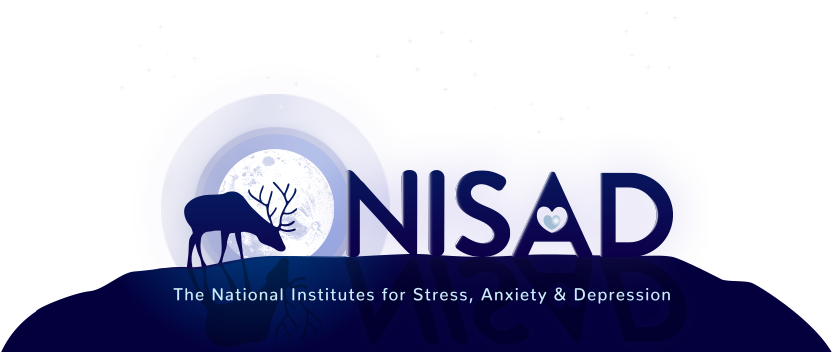There is plenty of research that shows consciously developing more thankfulness and gratefulness is very good for us both physically and mentally.
These are just some of the benefits of cultivating a sense gratitude:
💜 We strengthen our existing relationships and make new friends more easily
Gratitude has an impact on all our relationships, from co-workers to romantic partners, helping us build stronger, closer and more satisfying connections and bonds.
💜 We are emotionally more resilient
We can’t control the number of hard knocks life throws at us so being emotionally resilient is very important. Cultivating a practice of gratitude to see the good in our lives and the world, in general, helps us to “bounce back” and find our sense of balance more quickly.
💜 We sleep better
When you cultivate gratitude as a practice and experience more of it throughout the day you’re far more likely to have positive thoughts and feelings as you drift off to sleep at night. This, rather than worrying or replaying a grievance from the day, is far more conducive to a good night’s sleep.
💜 We can change our experience of pain
Pain is also an emotional experience, it’s not just a physical event in the body and brain.
How we feel about our pain impacts how we “feel” it in the body. For example, the pain from an emergency cesarean that safely delivered our baby may be perceived as less painful than a similar operation that perhaps stopped us competing in an event we had been training for, or going on a trip we had planned.
How we perceive our pain is changed by our relationship to how we feel about it.
Developing gratitude may change our perception of feeling we are “suffering” and help us manage our pain more easily.
💜 We have a greater sense of wellbeing and happiness
When we foster feelings of gratitude and appreciation, these in turn tend to foster more positive feelings. This can give us an enhanced sense of wellbeing and happiness
How might we develop more gratitude in our lives?
Perhaps at the end of the day, you might like to take a few moments to bring a sense of gratitude for the good things in your life – it may be a roof over your head and hot food, it may be a loving family or supportive friends. And it can little things: the kind bus driver who held the bus for you, the little child who made you smile when you overheard them saying something funny, birdsong or a beautiful sky. It’s a practice and the more you do it the easier it will become to bring to mind and notice throughout the day things to be grateful for.
Gratitude Journal
You might want to keep daily log in a notebook. Being able to look back over the things we are grateful for in our lives can be very uplifting.
Learning to be grateful ultimately allows us to live a better, happier life.
Some Resources
https://www.psychologytoday.com/gb/blog/minding-the-body/201111/how-gratitude-helps-you-sleep-night
https://www.ncbi.nlm.nih.gov/pmc/articles/PMC4873114/
https://pubmed.ncbi.nlm.nih.gov/31591900/
https://onlinelibrary.wiley.com/doi/abs/10.1111/j.1751-9004.2012.00439.x
https://greatergood.berkeley.edu/images/application_uploads/Emmons-CountingBlessings.pdf
https://www.psychologytoday.com/gb/blog/beyond-words/202003/resilience-and-the-practice-gratitude
https://www.ncbi.nlm.nih.gov/pmc/articles/PMC3010965/
https://greatergood.berkeley.edu/article/item/how_gratitude_helps_your_friendships_grow#:~:text=A%20great%20deal%20of%20research,to%20be%20more%20helpful%20coworkers.

Karen Asprey
Clinical Director at NISAD
Clinical Mindfulness Teacher and Mindfulness-based TherapistTherapist Qualified to use HypnosisBSc (Hons) DipCHyp HPD RCMT

